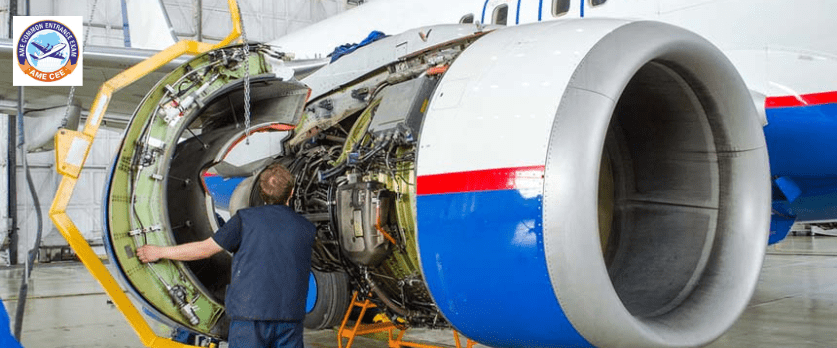Are you captivated by the wonders of flight and aspire to contribute to aerospace technology? A path in Aeronautical Engineering could be an ideal fit for you. In this guide, we’ll explore the intriguing realm of Aeronautical Engineering, discussing its opportunities, hurdles, and common queries related to pursuing this dynamic profession in the Indian scenario.
Aeronautical Engineering involves the design, development, testing, and maintenance of aircraft and spacecraft. It’s a field that combines creativity, innovation, and a strong foundation in engineering principles. As the aviation industry continues to expand globally, the demand for skilled Aeronautical Engineers is on the rise.
Why Choose Aeronautical Engineering?
Cutting-edge Technology
Aeronautical Engineering is at the forefront of technological advancements, offering professionals the opportunity to work with state-of-the-art equipment and software.
Global Opportunities
The aviation industry is truly global, providing Aeronautical Engineers with the chance to work on international projects and collaborate with experts from around the world.
High Demand
As air travel becomes more accessible and space exploration gains momentum, the demand for Aeronautical Engineers is projected to remain high.
Innovation and Research
A career in Aeronautical Engineering allows individuals to be involved in groundbreaking research and innovation, contributing to the future of aviation and space exploration.
Frequently Asked Questions
Q1. What is Aeronautical Engineering?
A. Aeronautical Engineering is a branch of engineering that focuses on the design, development, and maintenance of aircraft and spacecraft.
Q2. What qualifications are required to become an Aeronautical Engineer?
A. A bachelor’s degree in Aeronautical Engineering or a related field is typically required. Many professionals also pursue master’s or doctoral degrees for advanced research and career opportunities.
Q3. Are there job opportunities in India for Aeronautical Engineers?
A. Yes, India has a growing aviation industry, and there are numerous job opportunities for Aeronautical Engineers in both the private and public sectors.
Q4. What skills are essential for a successful career in Aeronautical Engineering?
A. Strong analytical skills, attention to detail, problem-solving abilities, and a good understanding of mathematics and physics are crucial for success in this field.
Q5. Is it necessary to specialize in a particular area of Aeronautical Engineering?
A. While not mandatory, specialization in areas like aircraft design, avionics, or propulsion systems can enhance career prospects and open up specific job opportunities.
Q6. How does the salary of Aeronautical Engineers compare to other engineering fields?
A. Aeronautical Engineers often enjoy competitive salaries, especially as they gain experience and expertise in their respective roles.
Q7. Are there opportunities for research and development in Aeronautical Engineering?
A. Yes, Aeronautical Engineers can actively engage in research and development, contributing to advancements in aircraft design, propulsion systems, and aerospace technology.
Q8. What is the future outlook for Aeronautical Engineering in India?
A. The future looks promising, with India actively participating in space exploration and the aviation sector witnessing continuous growth, creating sustained demand for Aeronautical Engineers.
Q9. Can Aeronautical Engineers work in the defense sector?
A. Yes, Aeronautical Engineers often find employment in the defense sector, contributing to the development of military aircraft and related technologies.
Q10. How can one stay updated with the latest developments in Aeronautical Engineering?
A. Continuous learning through professional development programs, attending conferences, and staying connected with industry publications and online forums are excellent ways to stay abreast of the latest developments.
Conclusion
Embarking on a career in Aeronautical Engineering can be a thrilling journey filled with opportunities for growth, innovation, and global collaboration. As the aerospace industry continues to evolve, the demand for skilled professionals in this field is only set to rise. If you aspire to be at the forefront of aviation and space technology, Aeronautical Engineering may just be the perfect career path to take flight towards a rewarding and impactful future.
To become an aeronautical engineer you may could join aeronautical engineering through AME COMMON ENTRANCE EXAM (AME CEE) this examination you may join Aeronautical Engineering approved by AICTE.


